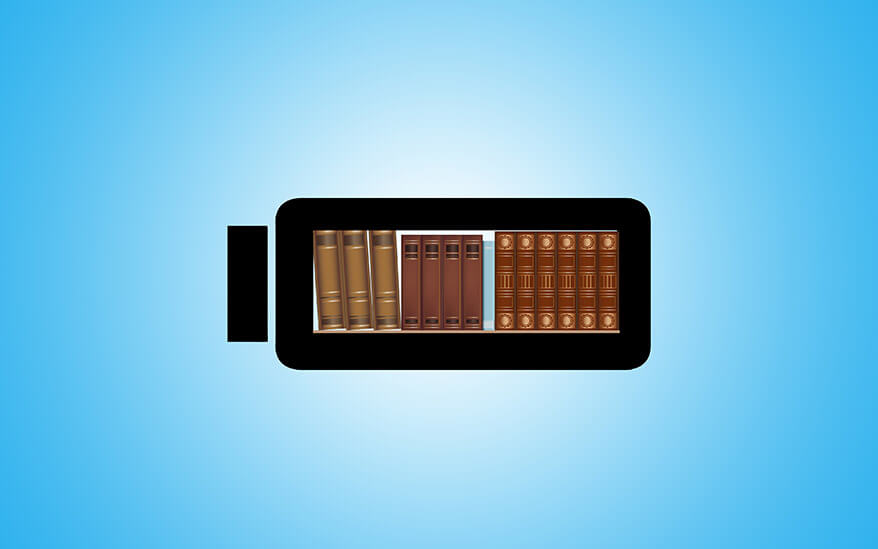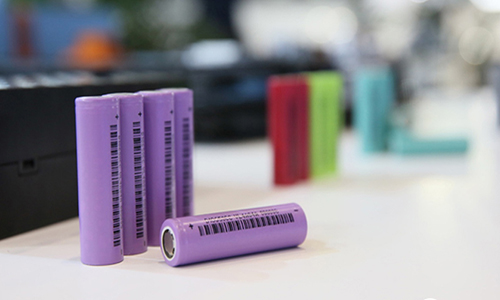How to Recycle Lithium Batteries?
Jun 18, 2019 Pageview:1135
In the modern age, the phenomenon of recycling is quite prevailing due to its positive impacts on Planet Earth. The technological world gives a lot of ease to human life but simultaneously it cost nature heavily. Batteries in this regard are considered as the main substance which helps engines, machines, and other electrical and chemical appliances. However, it is very important to recycle these packets of energies in a proper way to eliminate the risk of its negative impact on the environment.
Principle of recycling Lithium-Ion Battery
Lithium-ion batteries are commonly used in cell phones, vehicles, electrical appliances, and smart technological devices. These lithium-ion batteries are originally made up of different components one of them is cobalt, further, it is mixed up of carbon components as well due to its battery advantages. The battery contains a mixture of components like Nickel, Manganese, Cobalt, and Lithium.
The Lithium-ion batteries created in a manner that they could be recycled safely. Although, after recycling the materials extracted from the battery gets more expensive in the open market. There are certain principles one should consider while recycling the Lithium-ion batteries.
One is, to begin with, the waste preparation principle while the second one is a metallurgical process which needs physical conditioning operations. The ratio of successful recycling is around 80% with quite a low margin of CO2 hydrometallurgical process of recycling. Following the principles, the process of recycling involved with many unique chemical methodologies of precipitations that actually allows the components of the battery to be extracted well and so batteries can be reused by the manufacturers.
Methods of recycling Lithium-ion Battery
As the demand for Lithium-ion batteries are increasing in the market the recycling process also taking place on multiple places in the world. There are different methods of extracting Lithium-ion batteries used by different industries, but the procedure adopted by several companies in China is simple and cost effective than others. The standard process of recycling Lithium-ion batteries needs crushing and melting down the batteries. They further dissolve them in acid. The end product is based on the very components of the metals used to make the battery like manganese, lithium, and nickel, etc. this method requires an intense amount of energy and with that, they also compromise the most important component which is the cathode. However, according to the new researches about the recycling methods of Lithium-ion batteries, it is found that a new way of recycling batteries can help manufacturers and companies even more.
In this method, the scientist picked up a strategy to recycled the commercial lithium cell till the time they had lost most of their energy storage capacity. After that, they separated the important component of the cathode from the aluminum foil sheet and poured that cathode into a hot lithium salt mixture. The purpose is to extract the powder form of a cathode which they get once the mixture dries. The last step is to heat that up to the 800 Degree C, followed by the method of cooling the substances slowly and gradually.
This process actually helps to restore the component of cathode’s atomic number which is very important, afterward they insert Lithium ions into it once again. All of this procedure consumes nearly half of the time and energy which is invested by manufacturers in cycling Lithium-ion batteries, earlier. The scientists tested the new battery cells with reprocessed cathode battery and it was quite amazing to find that both the batteries showed the equal amount of energy discharge, the battery life was same as well as the charging time. The results of this research were published in the journal named Green Chemistry
There are other companies in the market as well which are using quite a resembling ‘direct recycling method’ but all the processes of a recycling Lithium-ion battery are slightly different from each other.
The System of recycling Lithium-Ion Battery
The system involves the recycling of lithium-ion batteries is complexed due to the chemical combinations used to make the battery. The composition and decomposition of Lithium battery both include the methodologies of certain chemical and physical combinations. According to the renowned Institute of Electric Power, it is stated that in recent companies make lithium batteries more cost effective and easy to recycle by cutting the number of valuable elements from the battery composition.
These days, the lead-acid (a component of battery) is recycled 98 percent of the times, according to the expert. However, Lithium-ion has different chemical characteristics. Therefore the energy level consumed by Lithium batteries is different and advanced and the investment and revolutionary measures are taken to reach the maximum level of the benefit in terms of energy produced by Lithium-ion battery. The reason behind the hike in the price of one of the basic component of lithium battery; cobalt has jumped from $32,500 in the year of 2017 to $81,000 in March 2018, according to the Chemistry Society is the change in the composition of lithium-ion battery by reducing the quantity of cobalt. The idea initially endorsed by Elon Musk as well. One of his statements based on eliminating cobalt from the batteries which he used in Tesla Cars and other rechargeable batteries.
This keeps the batteries cheap, and the recycling method is also easier for the manufacturers. The drawback here is the lesser incentive for the recyclers due to unavailability of important and valuable elements which used to make Lithium-ion batteries. Although, it is important to look upon the investors who get minimize profit after the changes occur in the composition of Lithium-ion battery.
- Prev Article: How to dispose of lipo batteries
- Next Article: Lithium Battery News Analysis
Leave Message
Hottest Categories
-
Hottest Industry News
-
Latest Industry News













